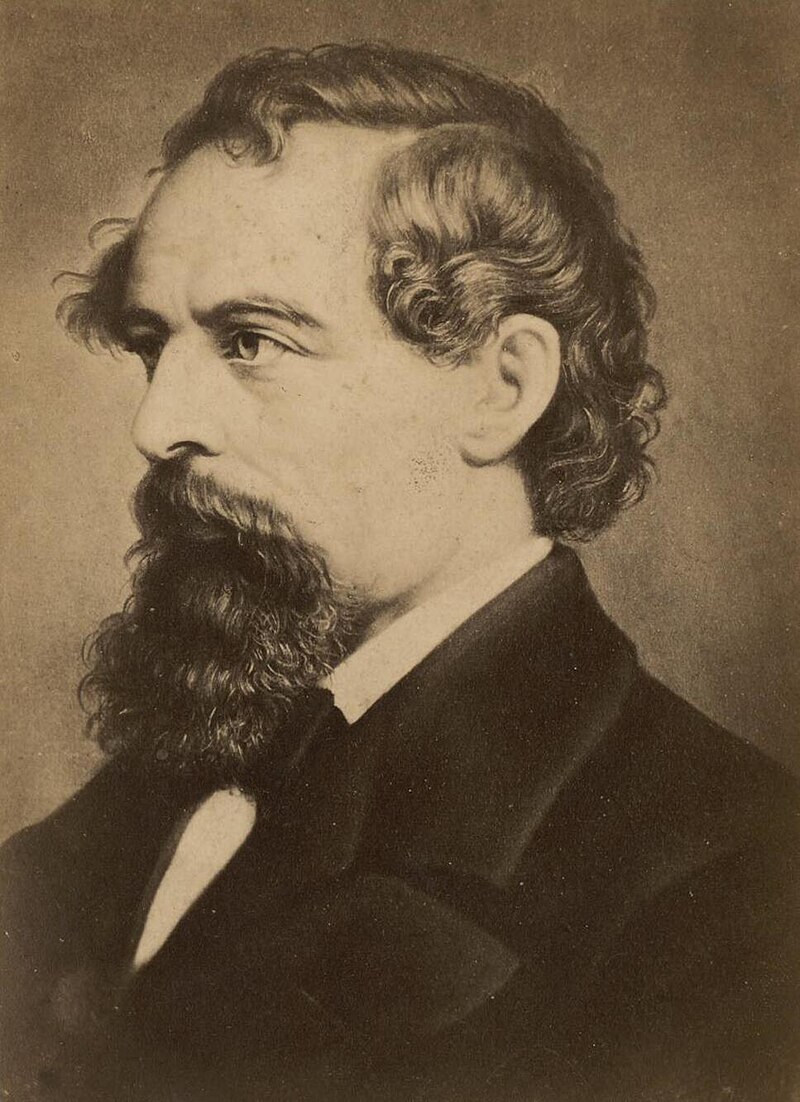Today in history marks the birth of Charles John Huffam Dickens. He was born on February 7, 1812, in Portsmouth, England, and would become one of the most celebrated novelists of the Victorian era.
His early life was marked by hardship. At 12, Dickens was forced to leave school and work in a boot-blacking factory when his father was imprisoned for debt, which would leave a significant imprint on his life and influence his later writings. Despite the formidable obstacles he faced, Dickens’s resilience shone through. He pursued self-education and ventured into journalism. His literary career soared with the serial publication of The Pickwick Papers in 1836, a testament to his unwavering determination. He went on to pen numerous novels, including “Oliver Twist,” “David Copperfield,” and “Great Expectations,” each a powerful spotlight on the social issues and injustices of his time.
Hundreds of years later, Dickens’s works remain influential. They are required readings at various educational institutions and have been adapted across various media. His vivid characters and keen observations of society have left an indelible mark on literature. The word “Dickensian” has entered the language to describe situations that reflect his writings, especially those emphasizing poor social or working conditions.
Today, the Charles Dickens Museum in London preserves his legacy, offering insights into his life and the era he depicted so vividly. Located at his former residence, the museum houses a vast collection of artifacts, including personal letters and his writing desk, allowing visitors to connect with the world of this literary giant.

